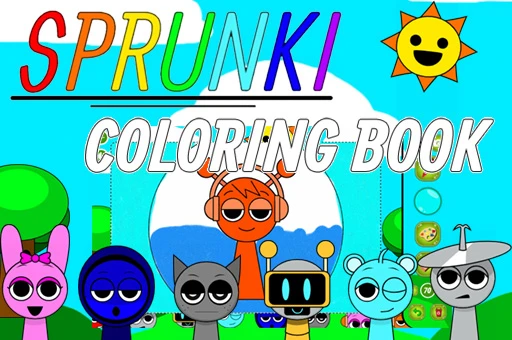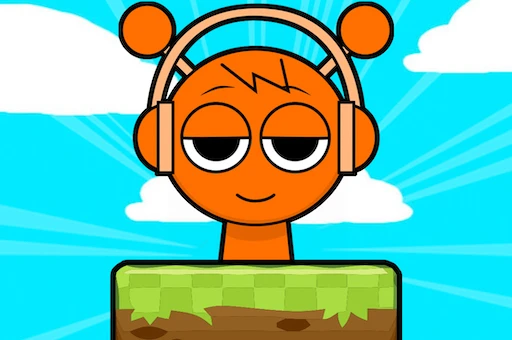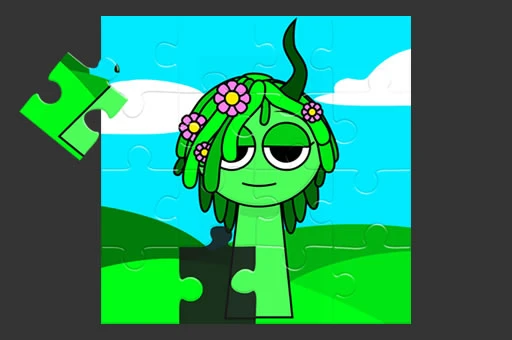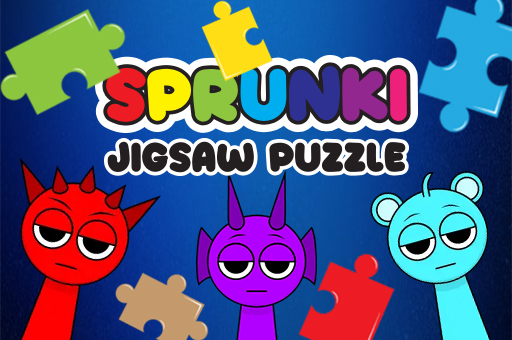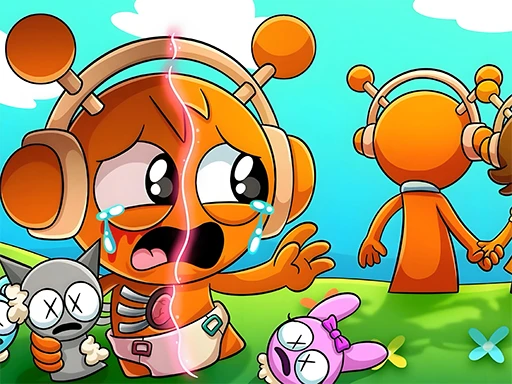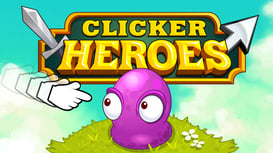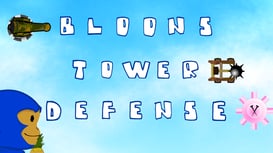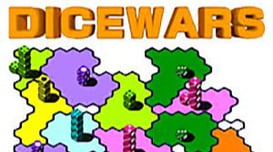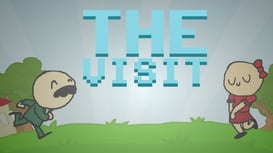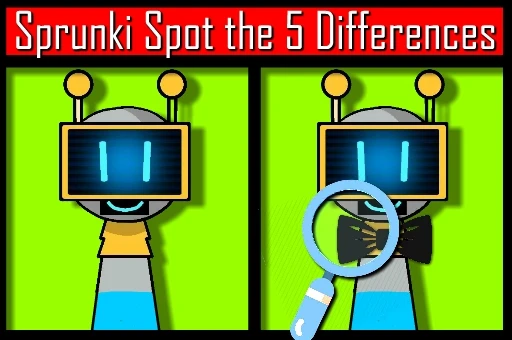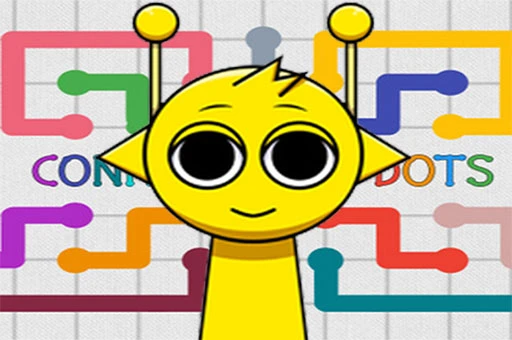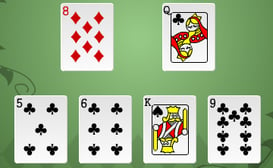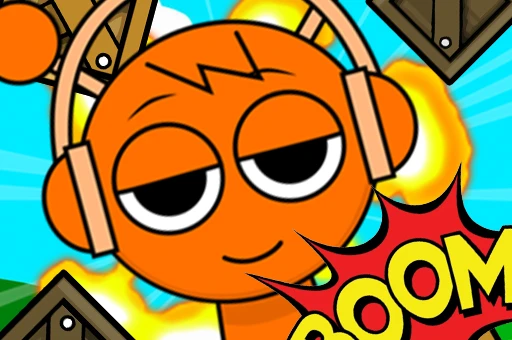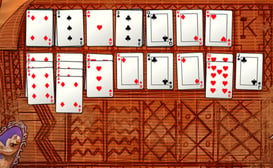Casual Games
Discover and play the best casual games online
Found 147 Casual games
Casual Games at Infinite Craft
Quick Casual Games Fun
Jump into casual games perfect for short gaming sessions with immediate enjoyment and no complex setup
Easy to Learn Casual Games
All casual games in our collection feature simple, intuitive controls designed for players of all skill levels
Instant Casual Games Entertainment
Start playing casual games immediately with no downloads, registrations, or lengthy tutorials required
Casual Games Features
Quick Start Casual Games
Play casual games instantly with no lengthy tutorials or complicated setup processes
Simple Casual Games Controls
Easy-to-use controls in all our casual games designed for intuitive gameplay experiences
Casual Games Achievement Systems
Earn rewards and track progress as you play casual games with satisfying milestone recognition
Mobile-Friendly Casual Games
Play casual games on any device, anywhere with responsive designs optimized for all screen sizes
Vibrant Casual Games Graphics
Enjoy colorful and appealing visuals in our casual games that enhance the gaming experience
Regular Casual Games Updates
New casual games added frequently to our collection for fresh entertainment options
How To Play Casual Games
Choose Your Casual Game
Select from our variety of fun casual games spanning multiple genres and gameplay styles
Start Playing Casual Games
Jump right into casual games with simple controls and intuitive interfaces designed for immediate enjoyment
Enjoy Casual Games At Your Pace
Experience casual games at your own rhythm without pressure, perfect for relaxation and entertainment
Unlock Casual Games Achievements
Collect achievements and rewards while playing casual games to track your progress and accomplishments
Explore More Casual Games
Discover different types of casual games in our extensive collection to find your favorites

